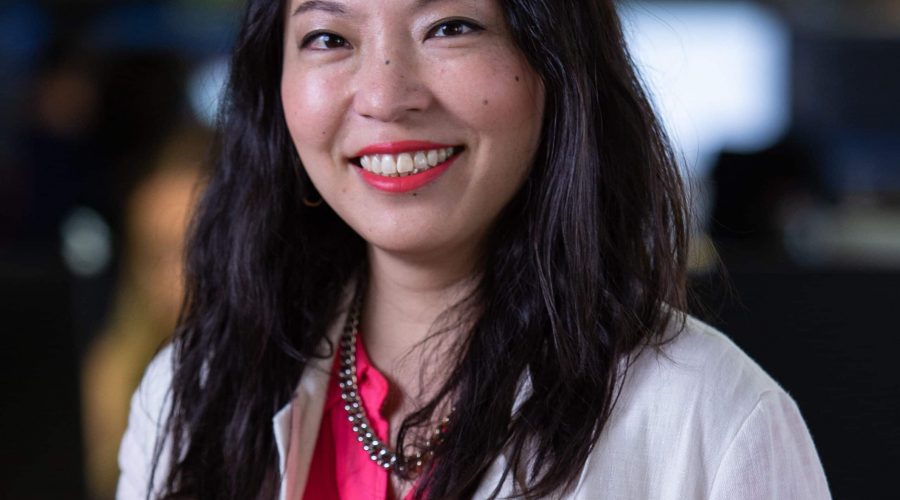The latest Financy’s Women’s Index (FWX) shows we’re making strides in improving financial gender equality but to achieve this goal, we need to expedite this growth and lead the charge towards a financially fair and equitable future.
To close the employment, superannuation, and gender pay gap, we need to turn discussions into action; in the workplace, legislation, and the societal and cultural expectations of all genders.
The results of the FWX demonstrate that the gender gap is improving in superannuation and employment, two critical factors in supporting women to establish financial security.
The superannuation gender pay gap, in particular, is a promising measure. The FWX has identified that this has closed to 25%.
This indicates that factors contributing to the gender superannuation gap, such as unpaid work and the gender pay gap, are slowly being rectified.
Due to various societal and economic factors, older women are currently the fastest-growing group of people facing homelessness[1]. This is a critical issue for Australia.
The movement to close the gender gap in superannuation supports women to establish financial security and equality, reducing the gendered threat of homelessness and providing access to the social security that healthy superannuation was designed to offer.
Slowly, we’re seeing more discussions and re-evaluations of the roles of women not only in the media and in the public sphere, but at work, at home, and hopefully within families and relationships.
Through robust FWX measurement, financial equality initiatives with the measurable impact to support equality are being put into practice by businesses that aim to change the societal, economic, and financial expectations of both women and men – taking bigger steps toward gender equality.
Encouraging further growth of the FWX score (currently at 72 points), more companies like Wisr will offer paternity leave and increased flexibility for a hybrid working environment, enabling parents (and not just mothers) to work from home balancing the juggle of life.
This supports more freedom for women to continue their careers instead of being phased out of the workforce and cut short of financial opportunities to build their wealth, purchase a home, and set themselves up for retirement.
We’re heading in the right direction, but there’s still a lot of work. We need to run a lot faster, have more honest, deep conversations about the roles of women and men in an equal world, putting these discussions into action in as many ways as we can – the time to change and look inside is now.
[1] https://humanrights.gov.au/our-work/age-discrimination/projects/risk-homelessness-older-women
Financy is a fearless believer in economic equality, which uses data insights to accelerate progress and support organisational efforts in diversity, equity & inclusion.













